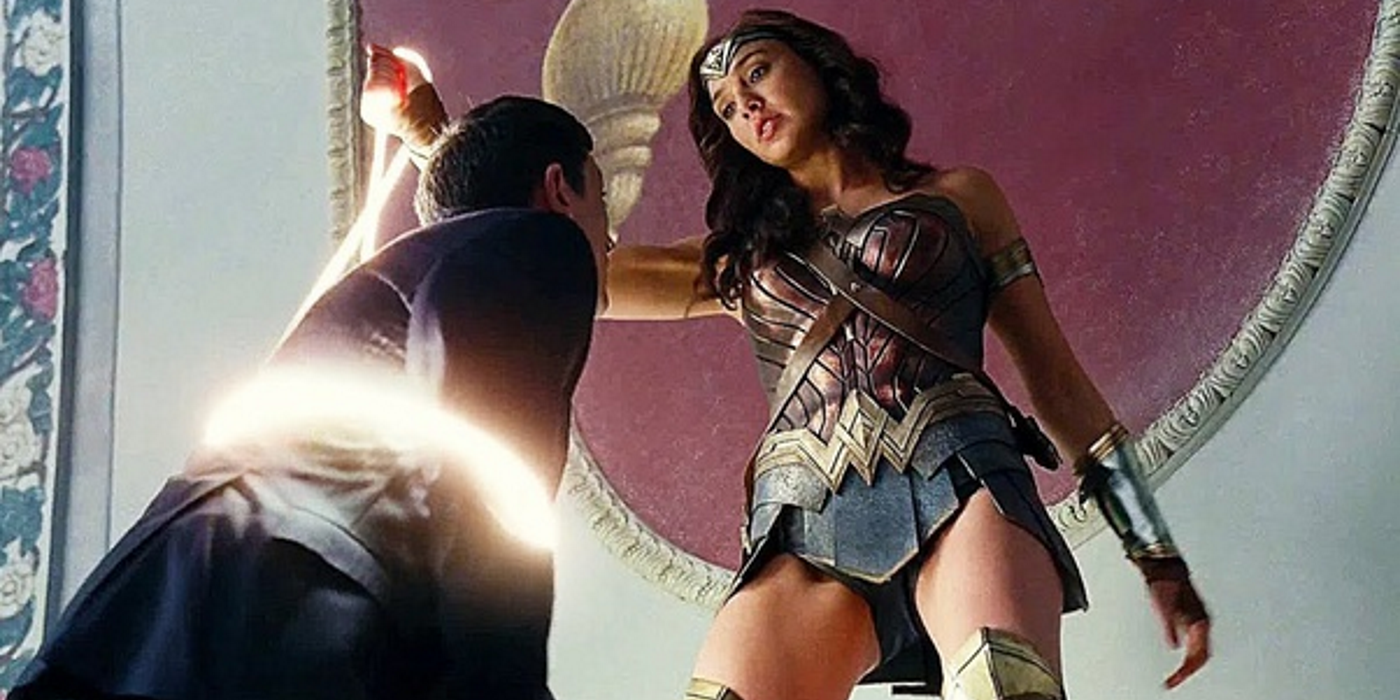
Wonder Woman’s costume and armor in Joss Whedon’s Justice League was designed to be as tight and skimpy as possible, catering to the male gaze. The film features numerous upskirt shots of Diana, both in her civilian scenes and during her action sequences as Wonder Woman. Unfortunately, this is a common trend throughout the movie, with no action scene complete without gratuitous shots of her thighs, butt, or cleavage. It’s disappointing to see such a beloved and powerful female character reduced to nothing more than a sexualized object. Additionally, the Amazon’s armor in the movie is incredibly useless, with bare midriffs and exposed legs leaving them vulnerable in battle.
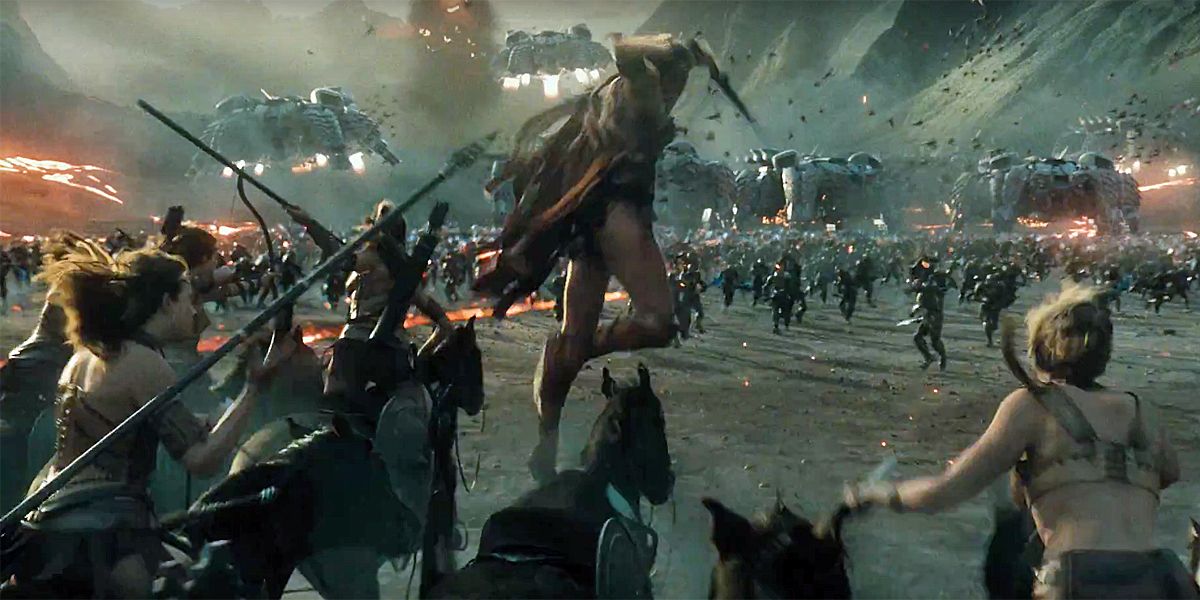
Even before the release of Joss Whedon’s Justice League, there was already talk about the impracticality of the skimpy clothing worn by the Amazons on Themyscira Island. Although some argued that the loungewear of these warrior women also revealed their torsos, it was clear in the movie that even when they wore armor and went into battle, their torsos were still exposed with very little protection. It seems like there is no valid reason for such impractical armor on a race of warrior women who are always ready for battle, and it’s unlikely that Diana, who has lived in the world of men, would unnecessarily expose herself during fights against monsters, aliens, or gods. In fact, the costuming team seemed to have given up on dressing Diana altogether.
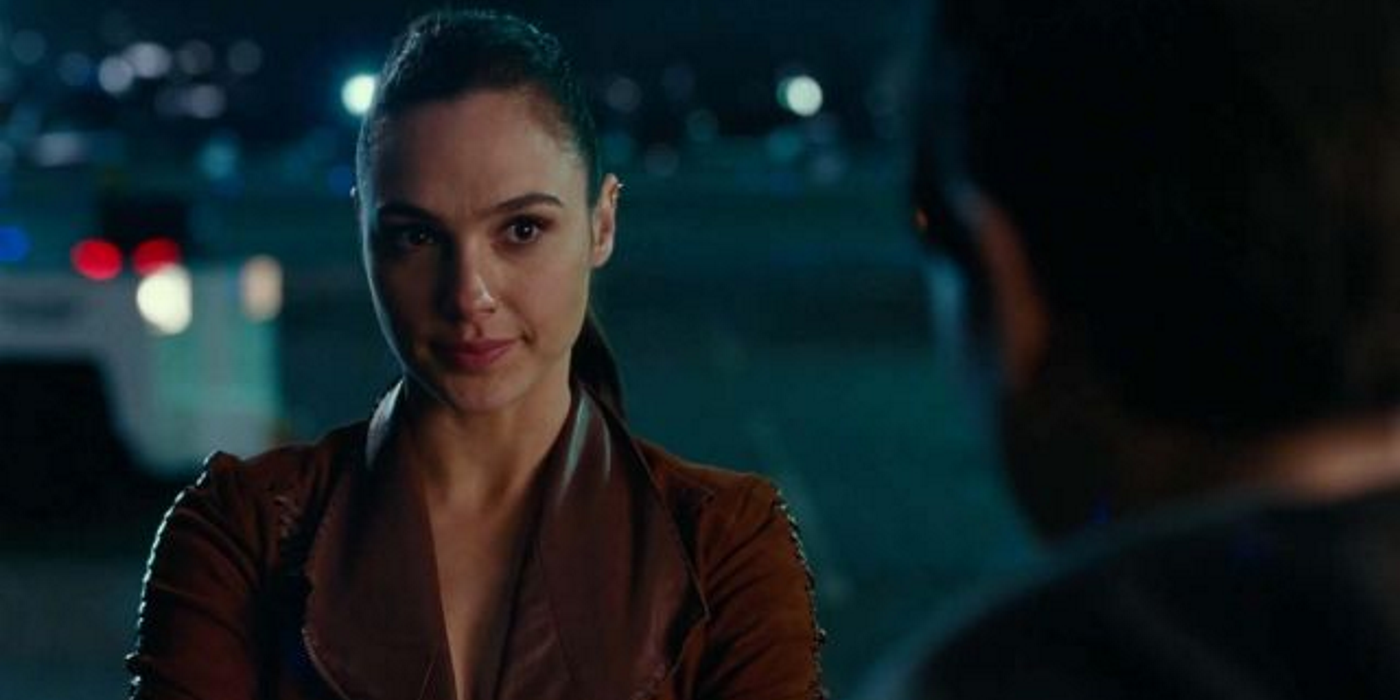
Diana Prince’s wardrobe has been a highlight in her previous movie appearances, especially in the solo Wonder Woman film and Batman v Superman: Dawn of Justice. The attention to detail in the costumes was remarkable, capturing the essence of each character and location perfectly, whether it was the soldiers on the battlefield or the streets of London. However, the latest installment in the DC Extended Universe, Justice League, falls short in this aspect. Diana’s outfits in the movie are quite underwhelming, with a lot of brown and unnecessary skin exposure that does not suit her impeccable fashion sense. Even her regular clothes are out of character, making her armor impractical and lacking the finesse we have seen before. On an unrelated note, there were hints of a romantic connection between Wonder Woman and Batman, which puzzled many viewers.
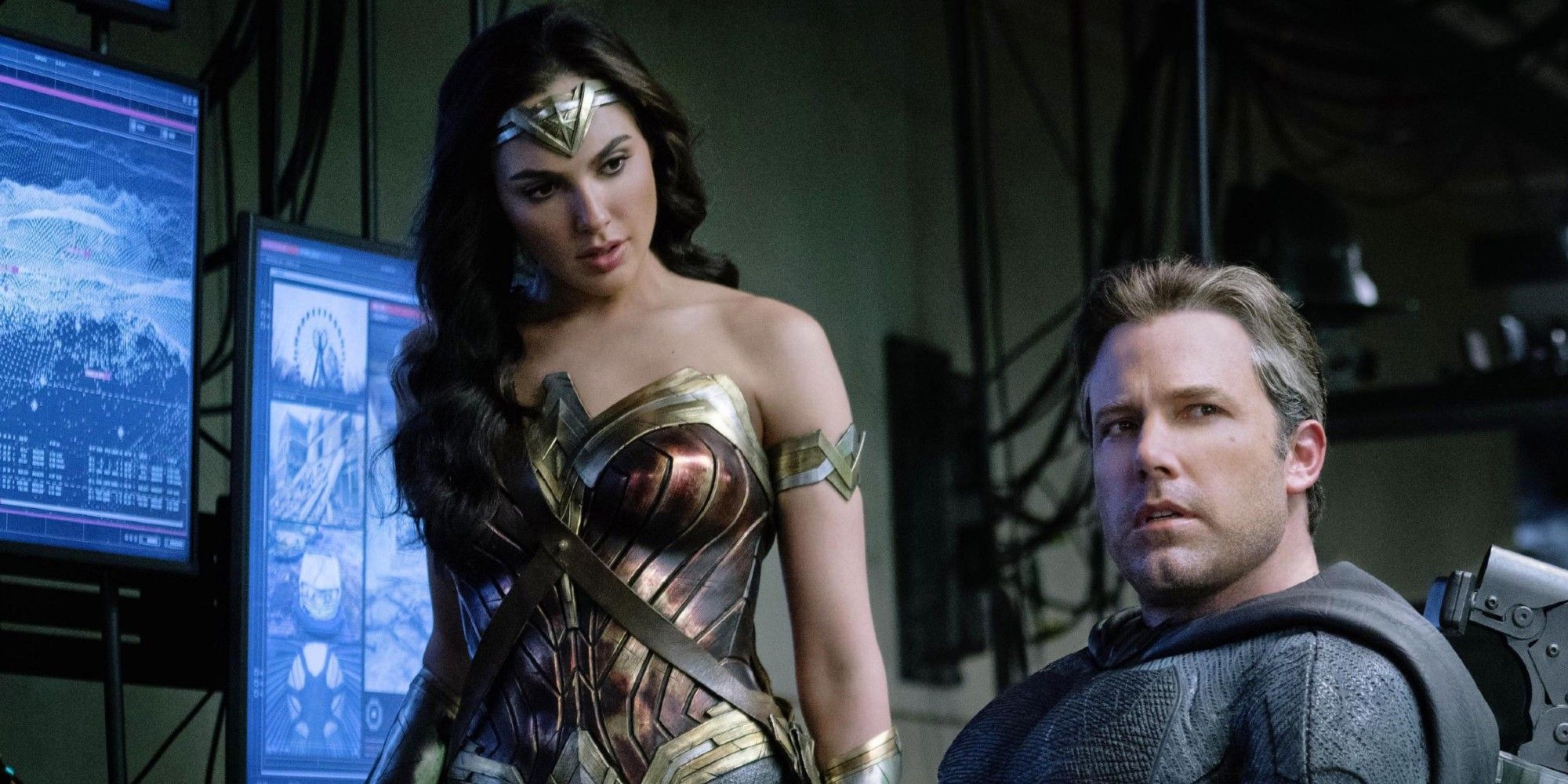
In the movie “Dawn of Justice”, Diana Prince and Bruce Wayne had a subtle flirtatious dynamic, but it wasn’t meant to lead to a romantic relationship. They were both using their charm manipulatively. Towards the end of the film, it was clear that Diana, Clark, and Bruce were supposed to become close friends and comrades, as they are in most Justice League depictions. However, Joss Whedon changed things up in Justice League, altering the characters’ romantic interests entirely. Bruce and Diana were forced into several awkward flirting scenes, which made them come across as uncomfortable and even hostile towards each other. In one instance, Bruce brought up Steve Trevor’s name just to provoke Diana, which was harmful to both characters. Consequently, Diana was reduced to just another nagging female character who only served to bother the male leads.
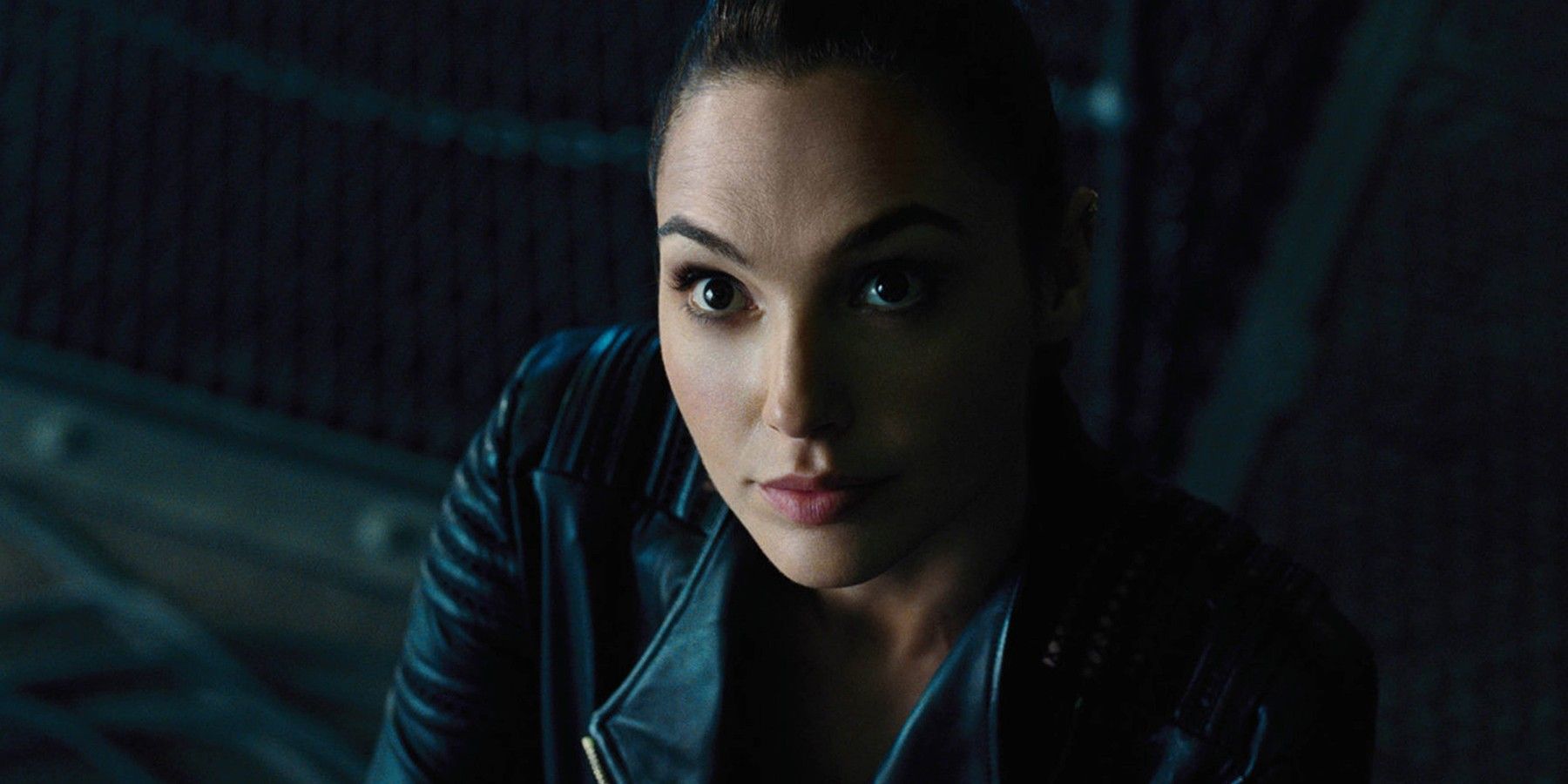
In Joss Whedon’s film adaptation of Justice League, Wonder Woman is inexplicably portrayed as a nagging mother figure to the male members of the team, despite having no reason to fall into any stereotypical gender roles. She constantly criticizes and tears down her male counterparts, while Batman assumes the role of her gruff mentor despite her longer tenure and greater experience. It is disappointing that the only female member of the team is reduced to such a cliché and undermined in this way.
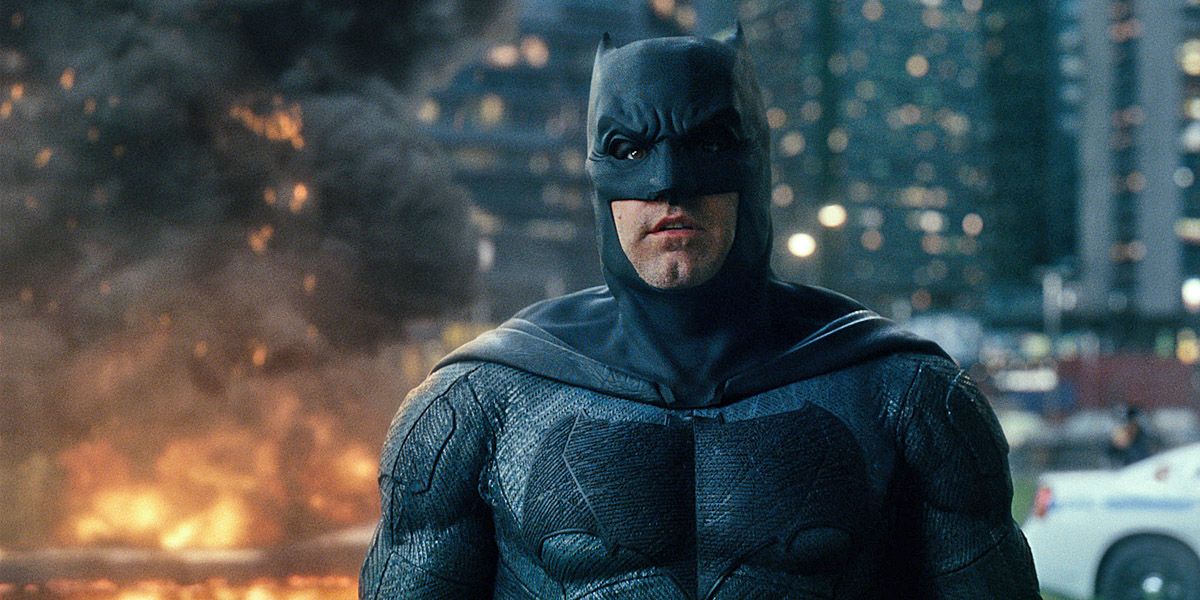
It is important to note that Joss Whedon has displayed a lack of regard for female characters, including the iconic Wonder Woman. In the film Justice League, Diana’s extensive combat experience and god-like abilities are overlooked as Batman takes charge as the team leader without any substantial reason. Even Wonder Woman herself admits that she is too emotional to lead effectively, which undermines her character development and the team’s dynamic. Additionally, much of her action scenes in the film were deemed as superfluous and solely for the purpose of catering to fan desires. Overall, this portrayal of Wonder Woman was disappointing and did not do justice to the source material.
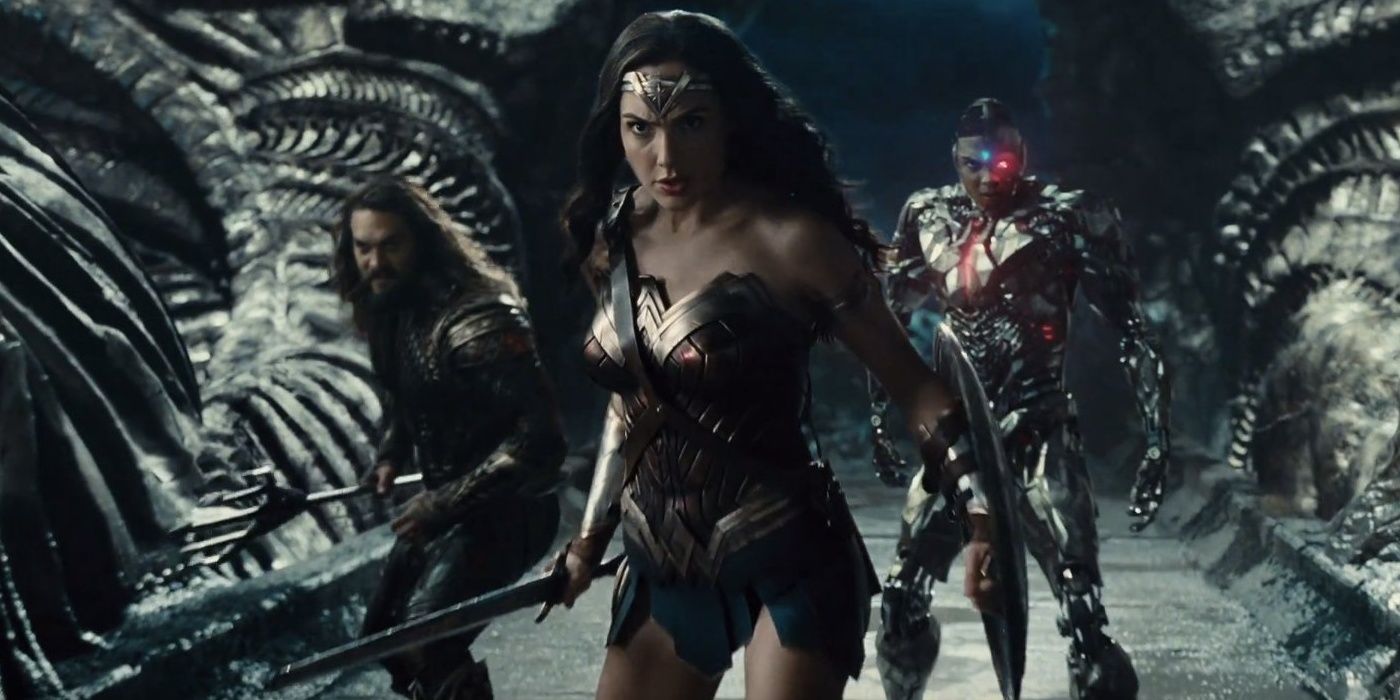
When Wonder Woman finally had a chance to join the action in Justice League, she didn’t quite feel like the fierce warrior Themsycira trained her to be. Despite her efforts in battle, she seemed to be more of a prop for seductive poses than an effective fighter. This trend is similar to how Black Widow was portrayed in Joss Whedon’s Marvel movies. Some viewers may also perceive Wonder Woman as stuffy, uptight, and overly aggressive.
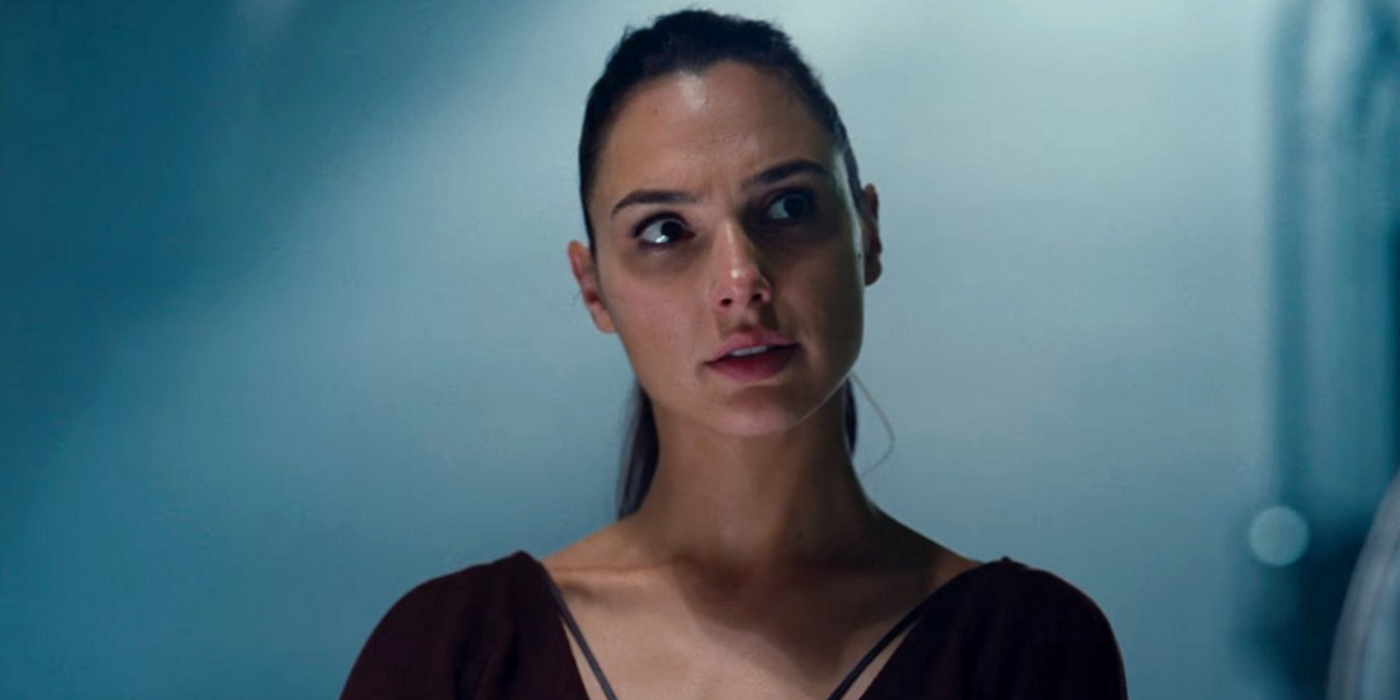
The portrayal of Wonder Woman in the DCEU films has been characterized by her enthusiasm for the world around her. From her fascination with combat training on her home island to her excitement upon encountering London for the first time in Wonder Woman, Diana has been depicted as someone who takes great joy in the little things. However, her demeanor seems to shift in Joss Whedon’s Justice League, where she appears more uptight and aggressive. This abrupt change is puzzling, given that there seems to be no real reason for her to want to work with the Justice League.
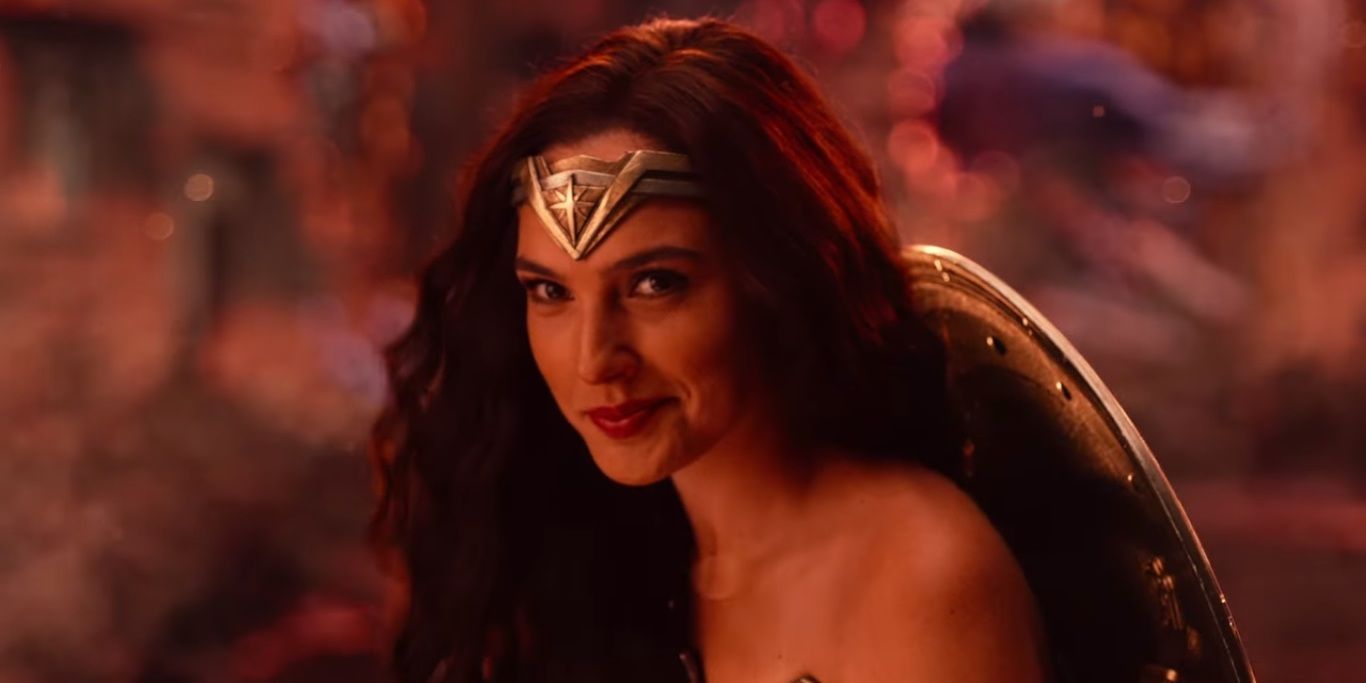
Prior to the events depicted in Justice League, Wonder Woman held the title of the world’s most prominent superhero. She had singlehandedly stopped the God of War during World War I, making her a force to be reckoned with. When she met Batman and Superman for the first time, their initial interaction was somewhat rocky, but they eventually found a way to work together by the end of Dawn of Justice.
Despite her love for working with a team and being part of the Justice League, Diana lacks any real motivation to cooperate with the male members of the group in Justice League. Batman is the only one with practical experience, yet he often belittles her or is subjected to her belittling. The other members treat her like a motherly figure and tend to ignore her most of the time.
However, when it comes to Joss Whedon’s direction of Wonder Woman, there seems to be a disconnect between the character and her portrayal. Even Wonder Woman, who is supposed to be a powerful and complex figure, feels one-dimensional and lacking in depth under Whedon’s direction. This is a common problem faced by female characters in media, and it’s disappointing to see it happen to such an iconic character.
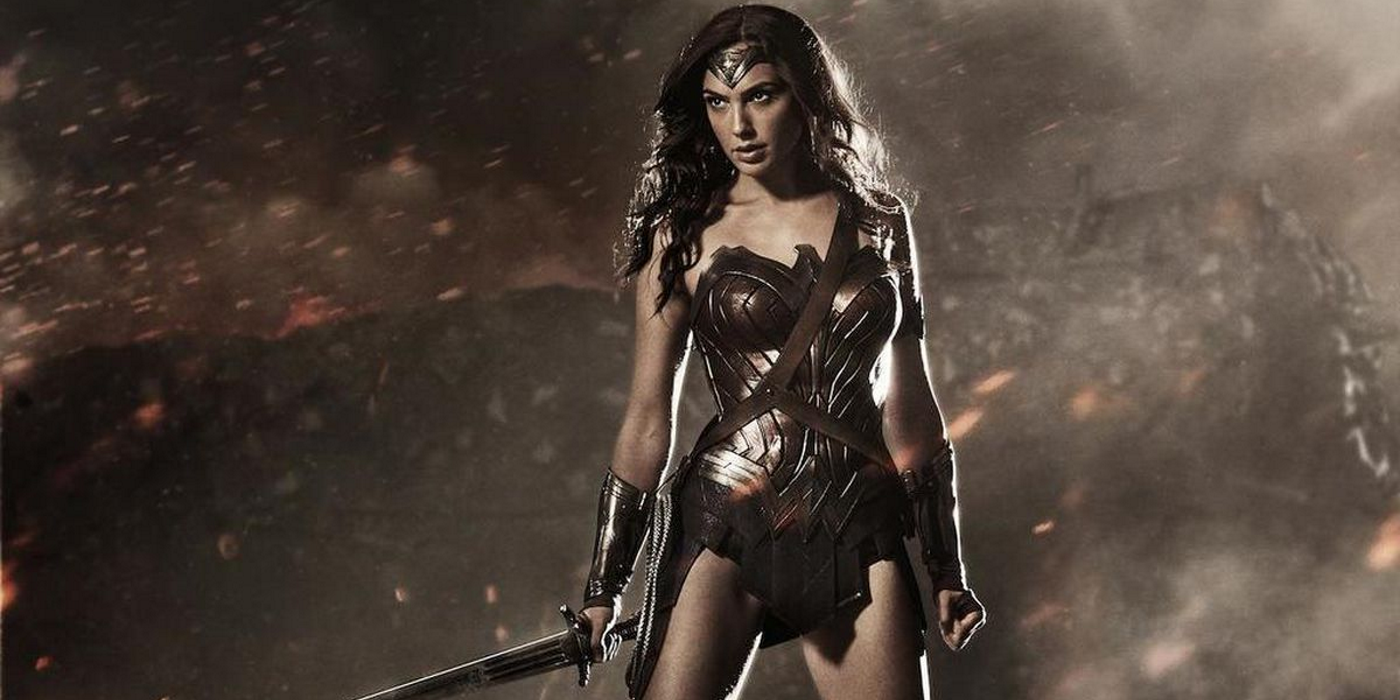
Ultimately, the issue with Wonder Woman in Justice League can be traced back to Joss Whedon’s shortcomings. Unlike other characters like Bruce or Barry who feel authentic, Diana lacks realism and fails to behave in ways that align with how real people act and speak. It’s no secret that writing and directing women aren’t Whedon’s strongest points, so expecting him to succeed with such a significant film and character is unreasonable. This isn’t the first time Whedon has struggled with female characters, as evidenced by his work in the MCU. However, his handling of Wonder Woman is just further proof of his limitations in this area.
